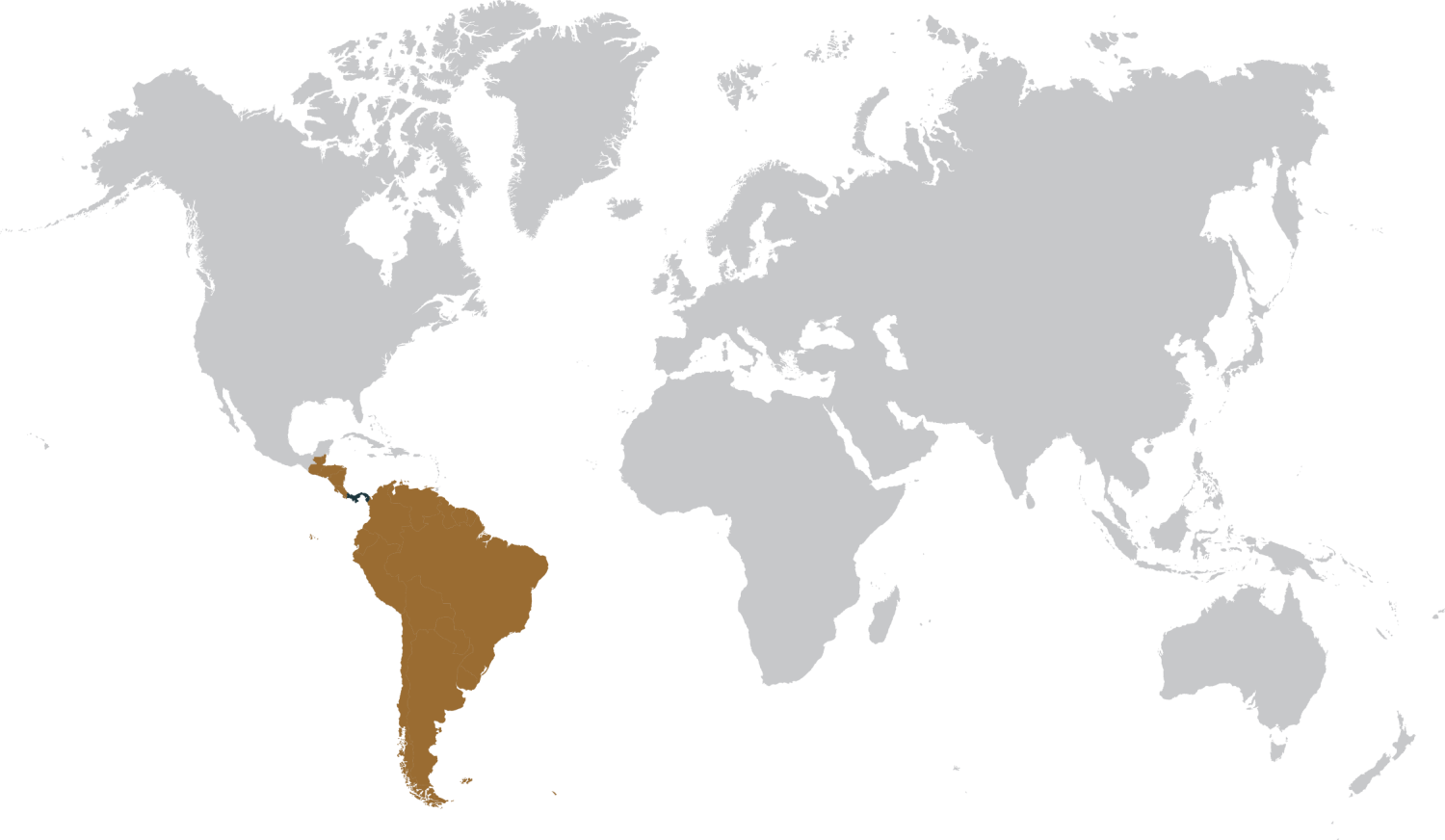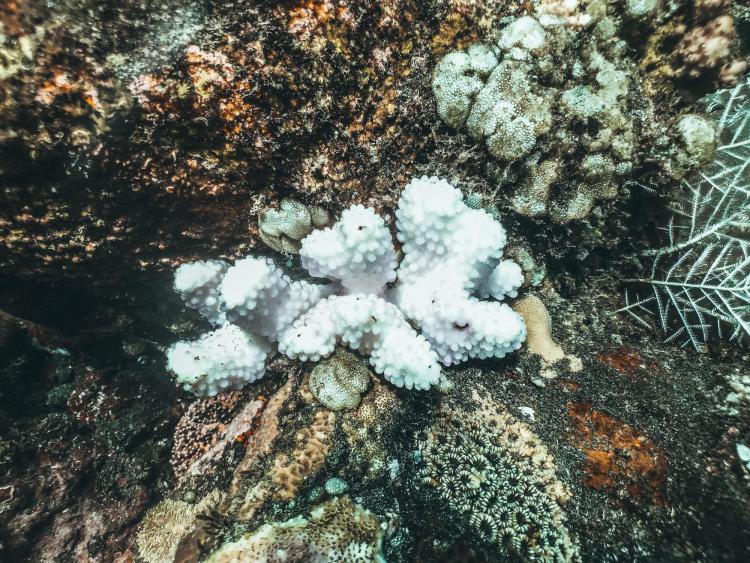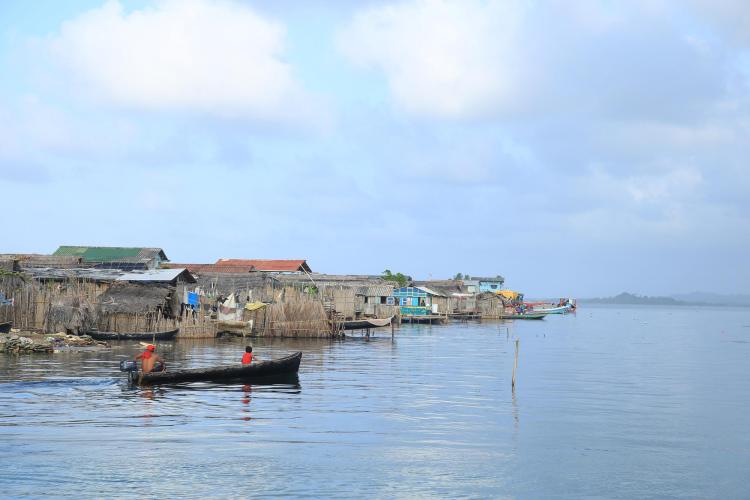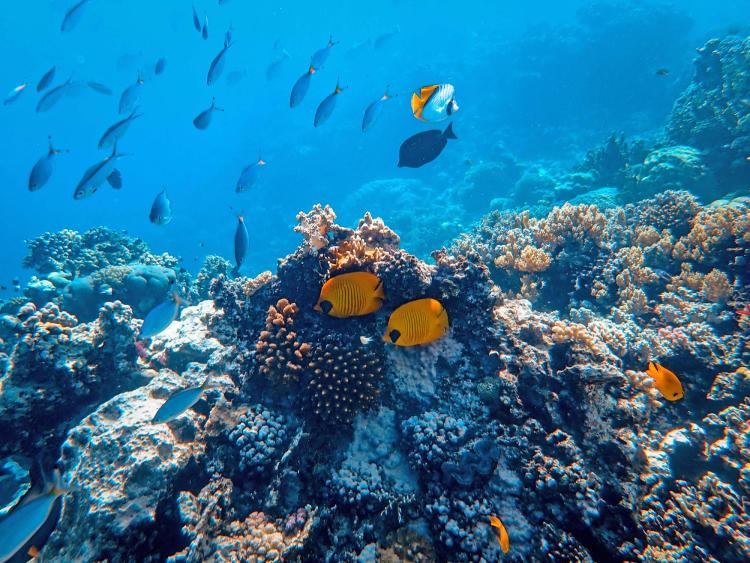Impacts in Central & South America: ‘Our ancestors had to discover how to deal with the waves, currents and corals’
Gunadule nation, Panama Coast • Central & South America
Indigenous communities are disproportionately affected by the consequences of climate change.
Duiren Wagua, a member of the Gunadule nation, sees firsthand the effects of climate change, and uses photography to educate, inform and shed light on the practice of environmental stewardship.
The Gunadule nation is an Indigenous archipelago off the coast of Panama. The tribe has full sovereignty and autonomy over 49 islands and surrounding waters, forming the Guna Yala territory. This territory has become the most biodiverse marine environment in the region. The Gunadule have played a crucial role in protecting one of our planet’s most precious resources: the more than 80% of Panama’s living coral reefs that circle this Indigenous territory.
“The coral reefs make up one of the most productive ecosystems in our Muu Bil-li (the greatest grandmother). They also form natural barriers that protect the coastal areas and islands against high and intense waves.”
Wagua’s photography serves as a creative outlet to share his community’s way of life with the wider world, and to share how water and wildlife shape the Gunadules’ history and traditions.
To read the full story, visit United Nations Foundation.

“We must once again . . . return to being part of the biodiversity of the animals, minerals and forests.”
—Duiren Wagua
Photographer and member of the Gunadule nation

Three-quarters of the world’s reefs have been bleached by ocean warming and acidification

1 billion people depend on these reef ecosystems for food, medicine, tourism, and natural protection from flooding and erosion

80% of global biodiversity is protected by Indigenous people, despite their making up less than 5% of the world’s population


